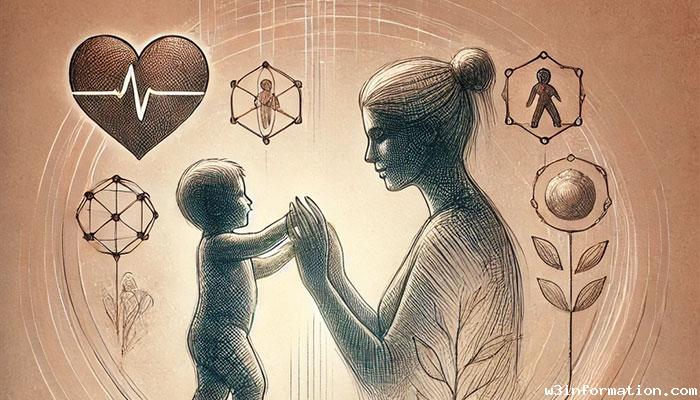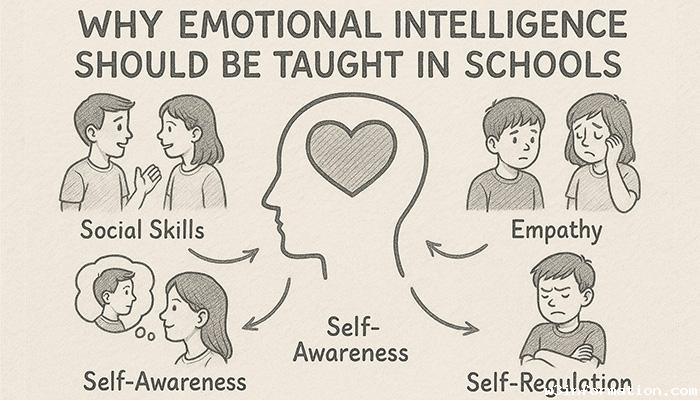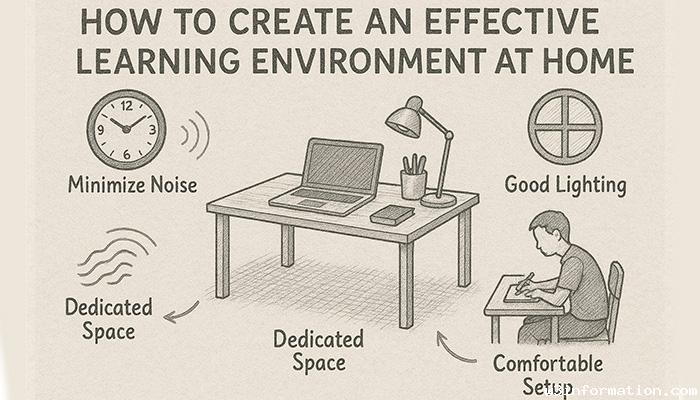The Role of Early Attachment in Adult Relationships
Early attachment in adult relationships is also a very interesting question in psychology, especially attachment theory. John Bowlby’s and Mary Ainsworth’s hypothesis that early encounters with caretakers underlie how people approach relationships later in life.
Attachment Styles
Attachment to caregivers early in life shapes attachment styles that shape relationships. These styles include:
- Secure Attachment: Belonging to caring adults who were available and regular. Securely attached adults have healthy, trusting, emotionally healthy relationships.
- Avoidant Attachment: Correlative with caregivers who were unresponsive. Avoidant-attached adults might have difficulties intimacy and want their emotional autonomy.
- Anxious Attachment: Affective of unreliable care. Adults in this type might want to be assured of all the time and be scared of being abandoned.
- Disorganised Attachment: From caregivers who were abusive or narcissistic. Adults can find that closeness and fear of the relationship run in parallel.

Continuity Across Life Stages
If childhood attachment serves as a template, then adult attachment can be modified by life experiences, whether it’s positive connections or trauma. But childhood habits are sometimes the blueprint for relationship expectations and actions.
Romantic Relationships
Attachment styles also affect sexual intimacy and intimacy, conflict resolution and stress responses in romantic relationships. For example:
- Secure people are fine with proximity and autonomy.
- Avoidant couples may not be able to share feelings or depend on their spouse.
- Paranoid people may be clingy, anxiously wanting to be told off.

Parenting and Intergenerational Effects
Adoption at a young age can also inform parenting practices. Securely attached adults also tend to offer stable and consistent care, so secure attachment is passed down from one generation to the next.
Attachment and Emotional Regulation
Attachment in early life can impact the capacity for emotional regulation. Securely attached people will be more able to manage and are stronger; insecurely attached people will have a harder time managing emotions under stressful circumstances.
Therapeutic Implications
Knowing about attachment styles plays an important role in therapy when it comes to relational difficulties, emotional problems, and personal development. Practitioners can help people identify patterns in early attachment experiences and develop better relations.
Conclusion
It is early attachment that deepens adult attachment. It’s a starting point, but people can expand and create more healthy attachment through self-knowledge, therapy and therapeutic relationships.
 Why Emotional Intelligence Should Be Taught in Schools
Why Emotional Intelligence Should Be Taught in Schools
 The Future of Higher Education: Trends to Watch
The Future of Higher Education: Trends to Watch
 How to Create an Effective Learning Environment at Home
How to Create an Effective Learning Environment at Home
 Top 10 Study Tips for Students
Top 10 Study Tips for Students
 How Online Learning is Changing the Education Landscape
How Online Learning is Changing the Education Landscape
 How to create backend CRM using React JS
How to create backend CRM using React JS